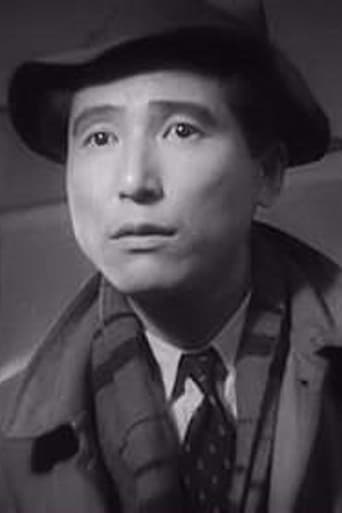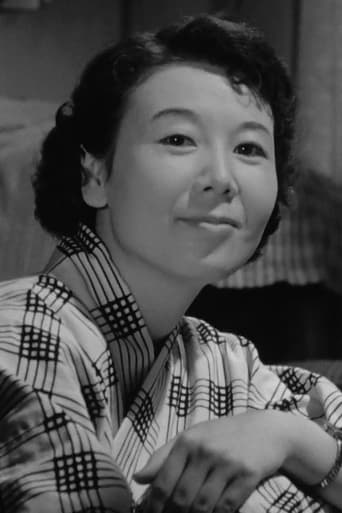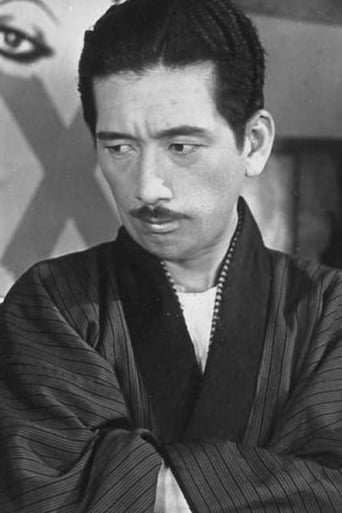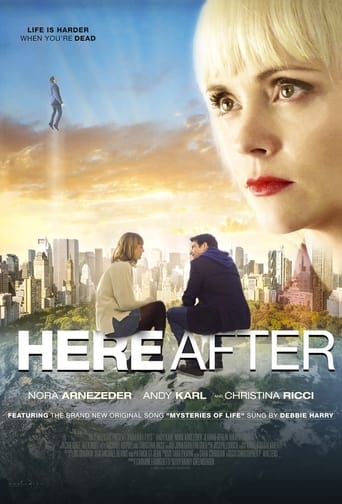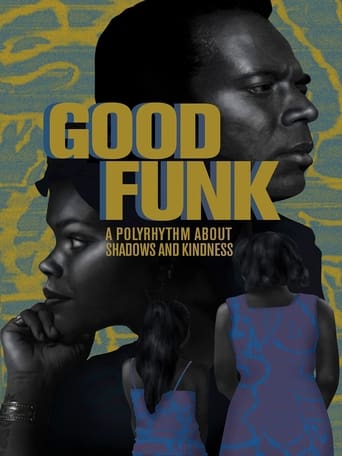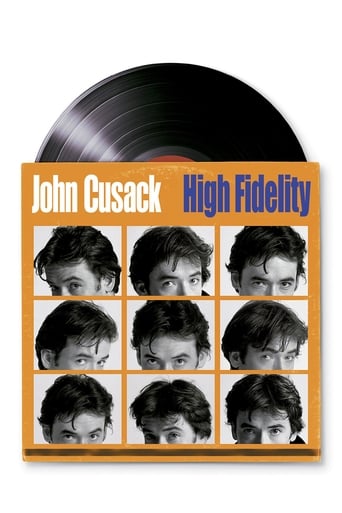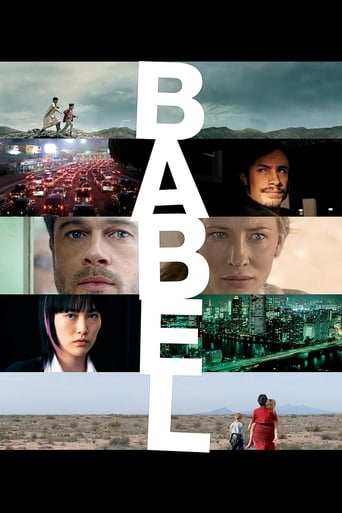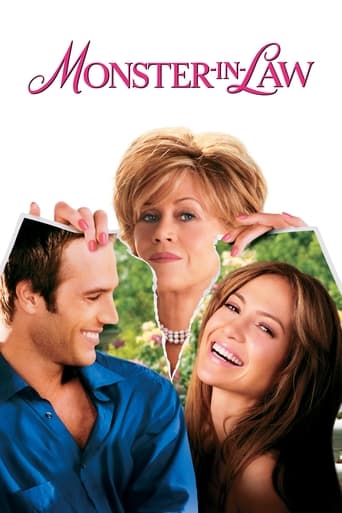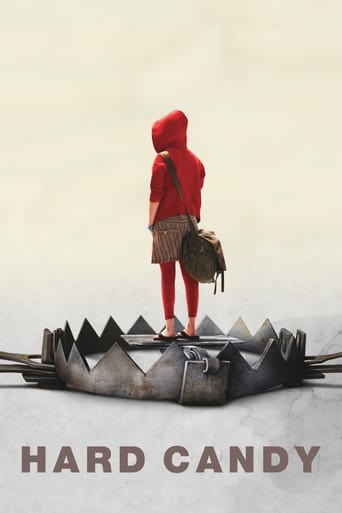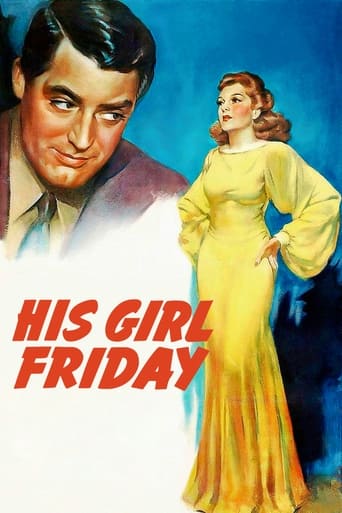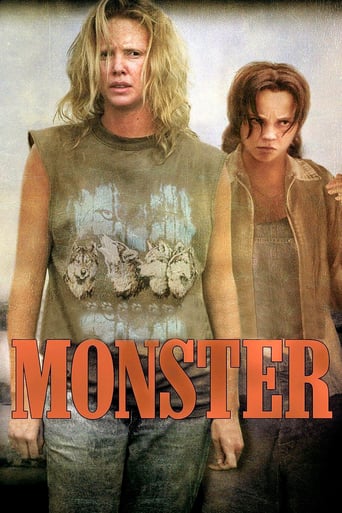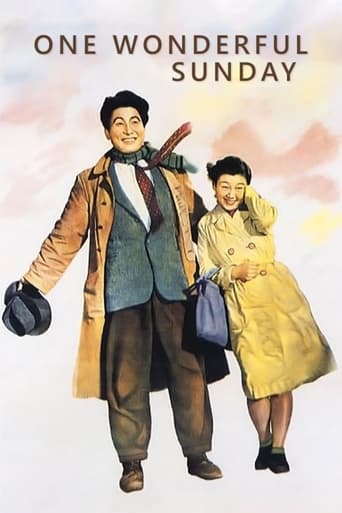
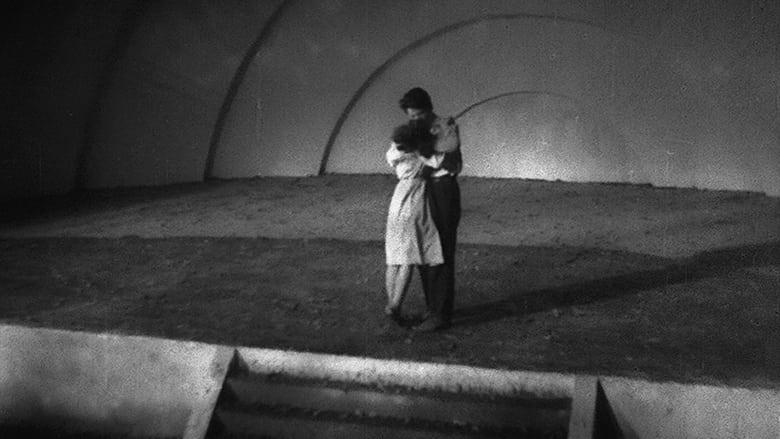
One Wonderful Sunday (1947)
Yuzo and his fiancée Masako spend their Sunday afternoon together, trying to have a good time on just thirty-five yen. They manage to have many small adventures, especially because Masako's optimism and belief in dreams is able to lift Yuzo from his realistic despair.
Watch Trailer
Cast


Similar titles
Reviews
There are moments in this movie where the great movie it could've been peek out... They're fleeting, here, but they're worth savoring, and they happen often enough to make it worth your while.
This is one of the best movies I’ve seen in a very long time. You have to go and see this on the big screen.
Close shines in drama with strong language, adult themes.
Blistering performances.
Based on the cover you'd think that One Wonderful Sunday was a heartwarming piece of Japanese cinema, let me assure you that it is not.Toho's early films are bleak, dark and depressing and this is no exception. It tells the story of a couple out together in a war ravaged Tokyo. With minimal money they set about making the most of their time together.She is optimistic and a happy girl while he is negative and truly miserable. It could be argued that the core theme behind the movie is depression, if it's not it perhaps should have been.Though it has some sweet moments and some of the content you'd have expected based on the cover the majority is harrowing.The film despite being by Kurosawa was poorly recieved almost globally as folks seemingly didn't like the finale. I don't personally think it was terrible but it certainly should have been better. Since this is a Toho film ultimately it could have been a lot worse for our characters as others have ended in murder and double suicides.One Wonderful Sunday is sugar and salt shaken together, it will lift your spirits before kicking you into a bout of depression.The Good:Some sweet momentsVery well madeThe Bad:Very depressing in placesInconsistent tonesThings I Learnt From This Movie:Stupidly wealthy people still look at grotty dirty rooms to rent because.....reasonsI'm not sure I'd want to live in a world where a single rice ball costs ten times as much as a ticket to the zooThat girl has a loud clap!!!
Viewed on Streaming. Sound = five (5) stars; cinematography/lighting = four (4) stars; restoration = four (4) stars. Director Akira Kurosawa stretches a 20-minute, two-character, feel-good, romantic short into almost two hours (mostly of boredom) on the basis of the improvisational skills of his costars. There is no discernible script. This bare-bones photo play (involving a female eternal optimist and a male reformed optimist who again becomes an optimist) soon evolves into a one-character play which talented, charming, and humorous actress Chieko Nakakita struggles to keep afloat in the absence of a director. Ultimately it becomes just too much even for her considerable acting skills. (She deserves co-directing credit for this film!) Cinematography (narrow screen, black and white) often lacks focus (a deep focus-process is sorely needed) and interior studio sets seem chronically under lit. Sound has not been re-looped to remove all camera noise. Subtitles are OK and reasonably accurate (dialog is sparse and easy to understand for those fairly fluent in Tokyo-Ben). The score is nothing great. Restoration is so-so with vertical wear lines remaining throughout the film. Not recommended (unless you are a Chieko Nakakita fan). WILLIAM FLANIGAN, PhD.
Akira Kurosawa's movies have a whole range of themes, be they set in contemporary or in historical eras. To name a few: the chasm between the rich and the poor, between the strong and the weak, between the courageous and the cowards, between the powerful and their foot folk, between the honest and the deceitful, between the clever and the idiots, between the sincere and the dishonest, and also, importantly, between war (destruction and loss) and peace (happiness).In this movie, made just after WW II, he depicts the struggle for life of 'poor lovers', whose dreams were shattered by the war. Japan is in dire straits: no jobs, and, if you have a job, bad salaries; high rents for decent shelters and huge inflation. 'Free markets' are controlled by 'black' merchants and their thugs. There is still an upper class, which looks with contempt on those without money, their former foot folk. The girl remains optimistic, but her lover is deeply depressed.Akira Kurosawa made some very risky shots on the music of F. Schubert's unfinished symphony. But, he had the mastery to create the perfect mood. Not to be missed and certainly not by A. Kurosawa fans.
One wonderful Sunday with only 35 yen to spend - that's what Masako thinks, being the eternal optimist but Yuzo sees only life's grim realities, being penniless and with crushed dreams after his return to civilian life. They had plans of once opening a little coffee shop but now Yuzo would be happy to see them married and in their own little flat. While looking at a project home they get a tip off from another couple about a room for rent up the road but it is dirty, sweltering in summer, freezing in winter and the rent is astronomical (according to the disgruntled previous tenant). Next is one of the nicest scenes in the movie. Yuzi is down and impulsively joins in a kid's baseball game which leaves him feeling exhilarated, but as the day progresses he starts to believe that getting involved in the black market is the only way to get on top of things. He looks up an old army buddy who owns a high class cabaret but all he is given is a hand out and when they impulsively decide to spend their last 20 yen on a concert, scalpers are there ahead of them, buying up all the tickets then selling them at a price just out of their reach. Yuzo reaches breaking point and starts a fight. There are high points in the day involving the Zoo but they also come face to face with a reality of modern (1947) day Japan - destitute war orphans and young girls forced by poverty to become cabaret hostesses.For all that it is a very warm and uplifting film with Masako's sunny, never say die attitude. Through a simple story of a leisurely Sunday Kurosawa shows the intricate framework of what life was really like for the majority of young displaced Japanese after the War. Isao Numasak and Chieko Nakakita are just super. I personally liked Masako's plea to the audience about giving "poor young lovers" a clap and a chance to make good. It would even have been nice if it had ended there. I had seen this movie many, many years ago and always remembered the first scene where they walk around the project home, Masako's spirits becoming more buoyant, Yuzo becoming depressed. I never really associated this film with Kurosawa. Another reviewer has mentioned it as one of the director's lesser films but I don't agree. "One Wonderful Sunday", "I Live in Fear", "Scandal" and "The Bad Sleep Well" are the ones I have the strongest memory of (although of course my favourite will always be "High and Low").


